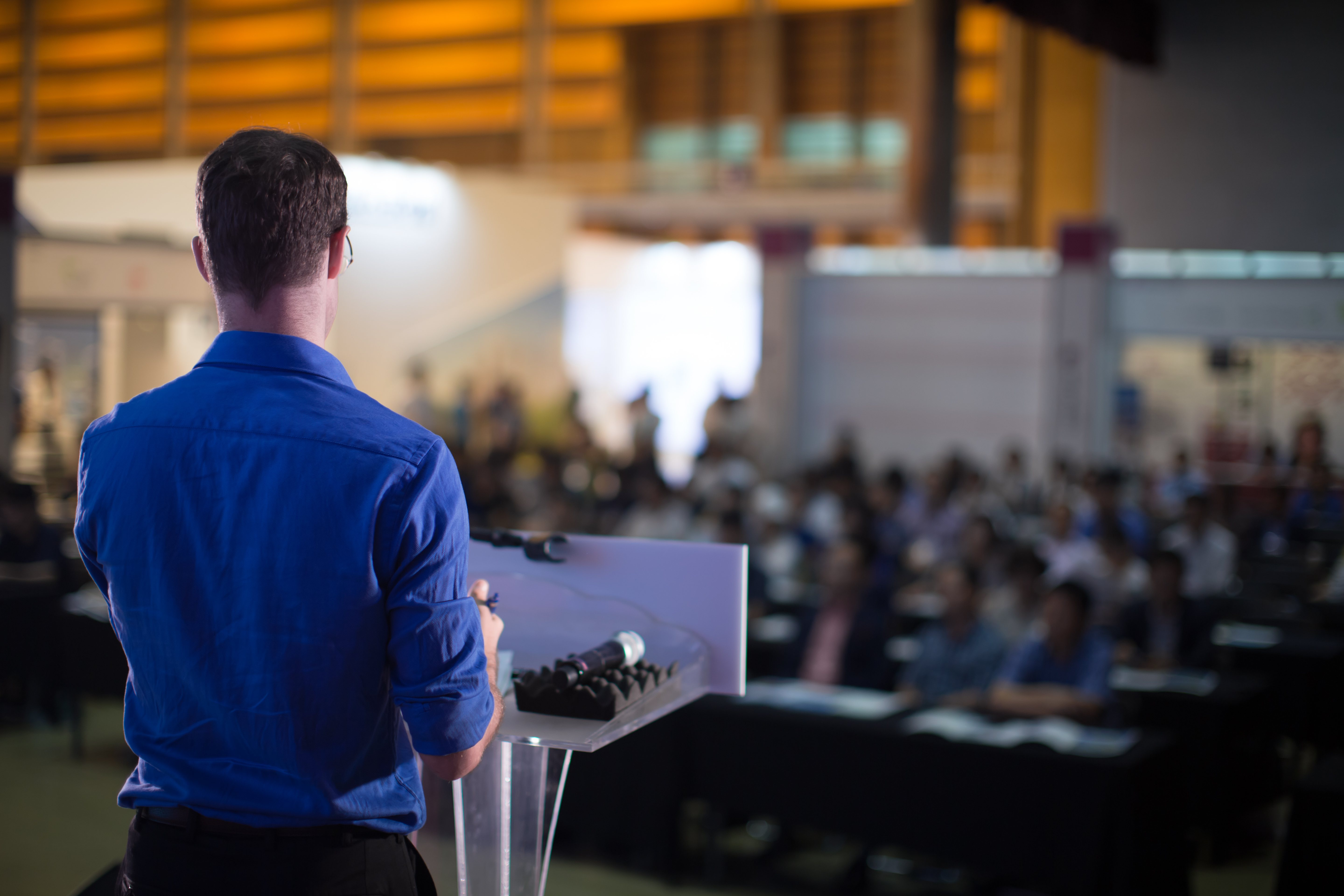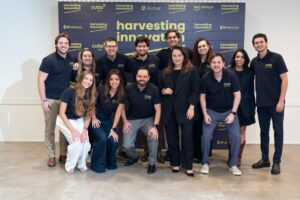Agtech entrepreneurs may not have the sharpest, most polished pitches, but you can be sure that they’re not over-hyping their businesses, according to Frank Meehan, cofounder and partner of SparkLabs Global Ventures and Asia’s leading startup accelerator program.
Meehan and SparkLabs have recently partnered with two of their investors in Australia and the Australian government to launch an agrifood tech accelerator called SparkLabs Cultiv8. And, with several years of experience investing in startups globally with SparkLabs as well as with Hong Kong billionaire Li-Ka Shing’s Horizons Ventures, Meehan has a good base to make the comparison.
“In the Valley right now there are a lot of hyped up startups and you can spend a lot of time working on what’s true and what’s not,” he tells AgFunderNews.
That comes in contrast to agtech entrepreneurs, who are “usually a bunch of people with a big research background, have been in academia or have a farming background and there’s no hype factor. What you see on the tin is what you get, and in that sense they’re raw, but they’re also now capturing a general VC trend in the Valley to move away from overhyped startups in favour of real IP-driven companies; that’s a good signal trend for these companies and founders that might have struggled to have their voices heard a couple of years ago.”
“Having said that, they are raw and not as polished as those you see at demo days in the US and they will not always think big like Silicon Valley companies; getting founders that really want to drive big and hard on big problems will be interesting.”
Focusing in on Agrifood Tech
SparkLabs, which launched in 2013 as an accelerator in Korea, has grown to offer two accelerators in Korea, three in China, and one each in Hong Kong, Taiwan and now Australia. SparkLabs Demo days are now the largest in the world with over 2,100 attendees attending the last demo day in June 2017 and the group also has a range of venture capital funds investing across themes globally.
The group has invested in agtech startups in the past, including sensor company Arable, which took part in its IoT Smart Cities program in Korea in 2016 where half the participants were from the US, according to Meehan.
Now the group has formed a dedicated agrifood tech accelerator program to be based in Orange, Australia, a farming area of New South Wales, in partnership with New South Wales’ Department of Primary Industries. Orange is home to one of Australia’s largest agriculture R&D facilities — the Orange Agricultural Institute — where the accelerator will be based in the new Global AgTech Ecosystem (GATE) department.
GATE will provide startups with a range of facilities and laboratory space as well as access to the NSW Department of Primary Industries Innovation and Technology Research platforms including some 650 research staff, and 13,000 hectares of farmland across four climatic regions.
The accelerator will also provide mentors in the industry, consulting services from KPMG Australia and MinterEllison, a large legal firm in Australia that is providing up to $15,000 per company in pro bono work. The accelerator will offer startups $100k in funding in exchange for a negotiable equity stake.
Cultiv8 was formed by Meehan alongside two SparkLabs investors: Jonathon Quigley and Malcolm Nutt, both with finance and farming backgrounds. Nutt used to live in Orange.
Applications are now open for 8-12 companies and will close December 8, 2017. The program will start at the end of February and last for eight months. Startups from across the globe are eligible to apply and can take part in the program remotely.
So why launch in Australia?
“As an Australian, I’m keen on Australia in general and one thing Australia can lead in, technology-wise is agriculture,” says Meehan, adding that Australia has had a limited tech community for venture capital to tap in the past. “The government is also keen to push the tech community forward and we saw the opportunity to build an agrifood tech hub in conjunction with the government, offering startups an amazing set of facilities as well as ties to the whole Asia market, where most Australian produce is exported. Startups will learn a lot about Asia by working in agriculture in Australia.”
Quigley believes that Australian farmers have been forced to be innovative, considering the environment in which they work and the lack of subsidies, which makes it a great testing ground for agrifood tech startups.
“Our needs are somewhat different to other parts of the world so we genuinely see Aussie farmers as innovative in the way they go about their operations,” he says. “That said, we haven’t had the ability to use data to the same degree we will in the future given the tyranny of distance and lacking connectivity.” The opportunity provided by GATE and the connectivity it aims to install in the region alongside Cisco will be game-changer for the industry and a great launching pad for startups, he adds.
Apply for SparkLabs Cultiv8 here.





